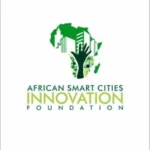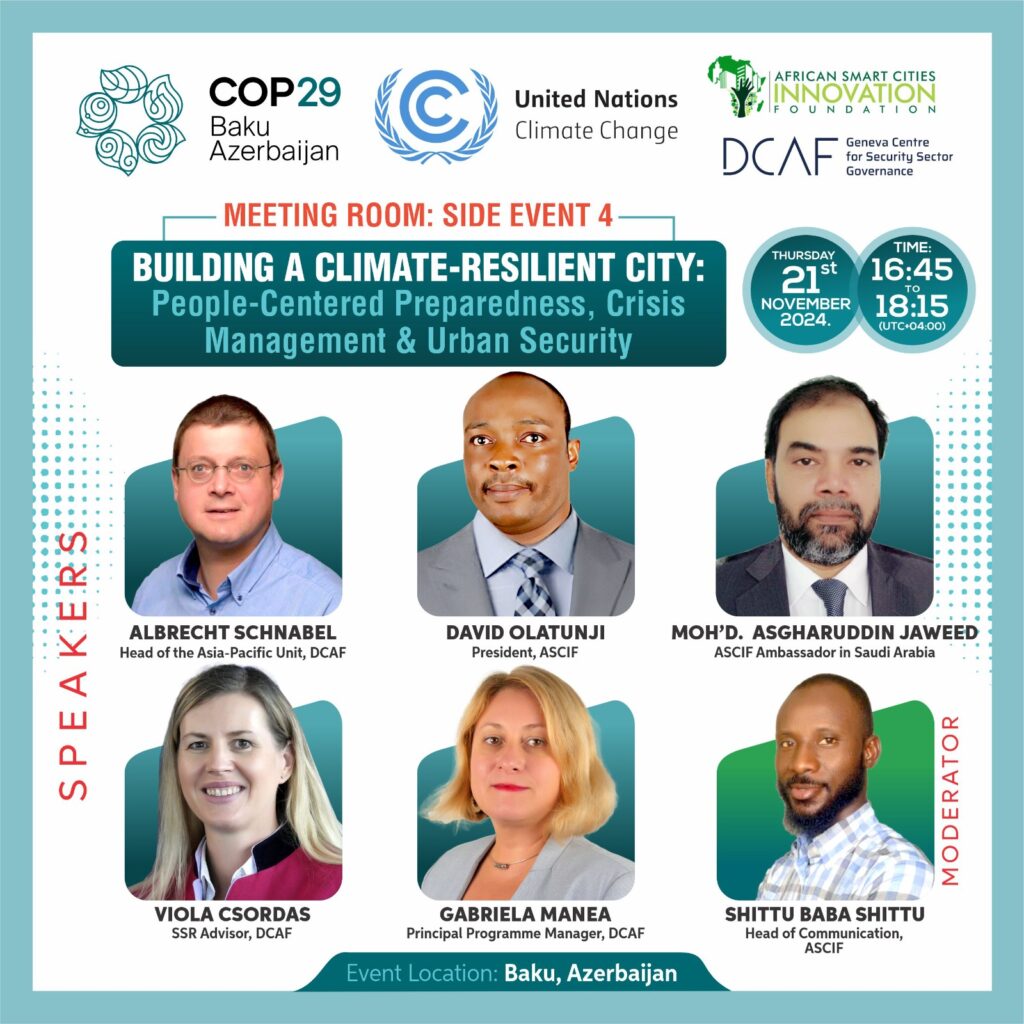10 Ways Smart Cities in Africa Can Utilize Renewable Resources
Imagine walking through a city where streetlights adjust their brightness as needed, buses glide silently emitting no harmful emissions, and technology seamlessly enhances everyday life. Smart cities across Africa are embracing renewable resources like solar and wind energy to power essential services and foster sustainable development. Here are 10 ways smart cities in Africa can leverage renewable resources to drive progress and address pressing challenges.

Why Should African Cities Use Renewable Resources?
African cities face unique energy and environmental challenges. With rapid urbanization and increasing energy demands, utilizing renewable resources becomes paramount to mitigate climate change impacts and ensure sustainable growth.
Smart cities in Africa can harness renewable energy to power various aspects of urban life, including:
1. Smart Street Lights
In smart cities across Africa, street lighting systems powered by renewable resources such as solar panels and wind turbines are revolutionizing urban landscapes. These intelligent street lights dynamically adjust their brightness levels based on real-time data, ensuring optimal illumination while conserving energy. By seamlessly integrating with city infrastructure, these lights enhance safety, reduce light pollution, and significantly lower electricity costs, contributing to sustainable urban development.
2. Waste Management Sensors
The deployment of advanced waste management systems equipped with sensors is transforming garbage collection processes in African cities. These sensors efficiently detect and monitor the fill levels of dumpsters, enabling optimized waste collection routes and schedules. By reducing unnecessary trips and fuel consumption, these smart systems not only enhance operational efficiency but also promote cleanliness and environmental sustainability in urban areas.
The African Smart Cities Congress(ASCC)
3. Mobility Apps
In the quest for smarter transportation solutions, African cities are embracing mobility apps powered by renewable energy sources. These innovative applications leverage data from parking sensors and electric vehicle charging stations to provide real-time information to commuters. By guiding drivers to available parking spaces and promoting the use of electric vehicles, these apps alleviate traffic congestion, reduce greenhouse gas emissions, and foster a more sustainable urban mobility ecosystem.
4. Weather Monitoring Systems
The integration of weather monitoring systems into irrigation infrastructure is revolutionizing agricultural practices in African cities. These smart systems utilize sensors to gather real-time weather data, enabling precise and efficient watering schedules for urban green spaces. By optimizing water usage based on environmental conditions, these systems promote healthy plant growth, conserve resources, and mitigate the impact of droughts and water scarcity on urban landscapes.
5. Advanced Utility Management
Smart metering and grid-connected devices are empowering residents and utility providers alike to manage energy and water resources more efficiently in African cities. These cutting-edge technologies enable real-time monitoring and analysis of consumption patterns, facilitating informed decision-making and resource optimization. By promoting transparency, accountability, and sustainability in utility management, these systems play a crucial role in building resilient and inclusive urban communities.
6. Intelligent Charging Infrastructure
The proliferation of intelligent charging infrastructure for electric vehicles (EVs) is accelerating the transition to cleaner and more sustainable transportation solutions in African cities. These smart charging stations, integrated with cloud-based management systems, optimize energy usage and ensure reliable access to charging facilities for EV owners. By leveraging renewable energy sources such as solar and wind power, these infrastructure developments support decarbonization efforts and contribute to improved air quality in urban areas.
7. Adaptive HVAC Systems
Smart heating, ventilation, and air conditioning (HVAC) systems are revolutionizing building energy management practices in African cities. These intelligent systems utilize sensors and data analytics to optimize indoor climate control based on occupancy patterns and environmental conditions. By reducing energy waste and improving thermal comfort, these HVAC solutions enhance building efficiency, lower operational costs, and contribute to sustainable urban development.
8. Sustainable Public Transportation
The electrification of public transportation fleets using renewable energy sources is reshaping urban mobility landscapes across Africa. From electric buses to biogas-powered vehicles, smart cities are embracing cleaner and quieter transportation alternatives to reduce emissions and noise pollution. By investing in sustainable public transportation infrastructure, cities can enhance mobility options, improve air quality, and mitigate the adverse impacts of urbanization on the environment and public health.
9. Air Quality Monitoring
The deployment of smart air quality monitoring systems is providing invaluable insights into environmental health and pollution levels in African cities. These advanced monitoring devices collect real-time data on air pollutants, dust levels, and weather conditions, enabling evidence-based decision-making and policy interventions. By identifying pollution hotspots and informing targeted mitigation measures, these systems help safeguard public health and promote sustainable urban development.
10. Community Engagement and Empowerment
Smart cities in Africa prioritize community involvement through educational initiatives and citizen engagement platforms. These efforts empower residents to actively participate in sustainability efforts, fostering a sense of ownership and collective responsibility for building greener, more resilient urban environments.
By embracing renewable resources and innovative technologies, African cities can pave the way for a greener, more resilient future. Through initiatives like the African Smart Cities Innovation Foundation (ASCIF), organizations play a crucial role in championing sustainable urban development and driving positive change across the continent. Together, we can build smarter, more sustainable cities for generations to come.
Visit ASCIF





